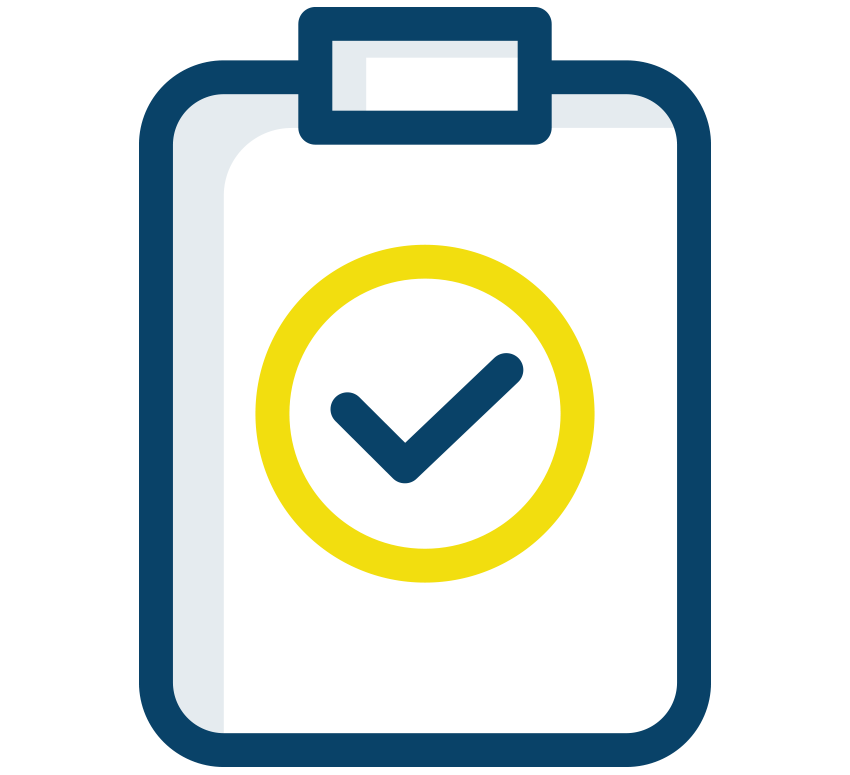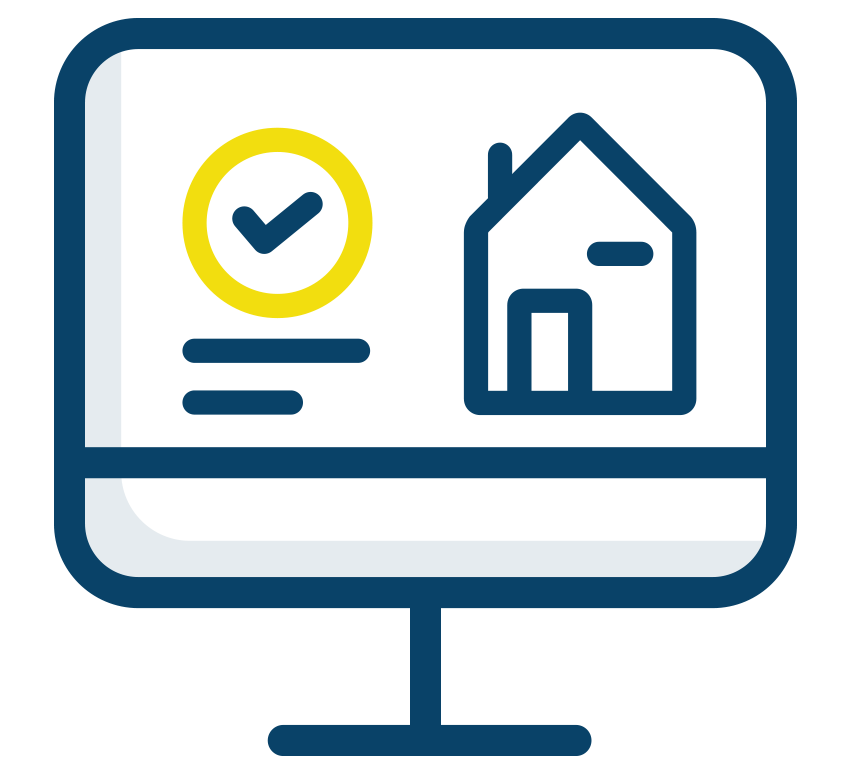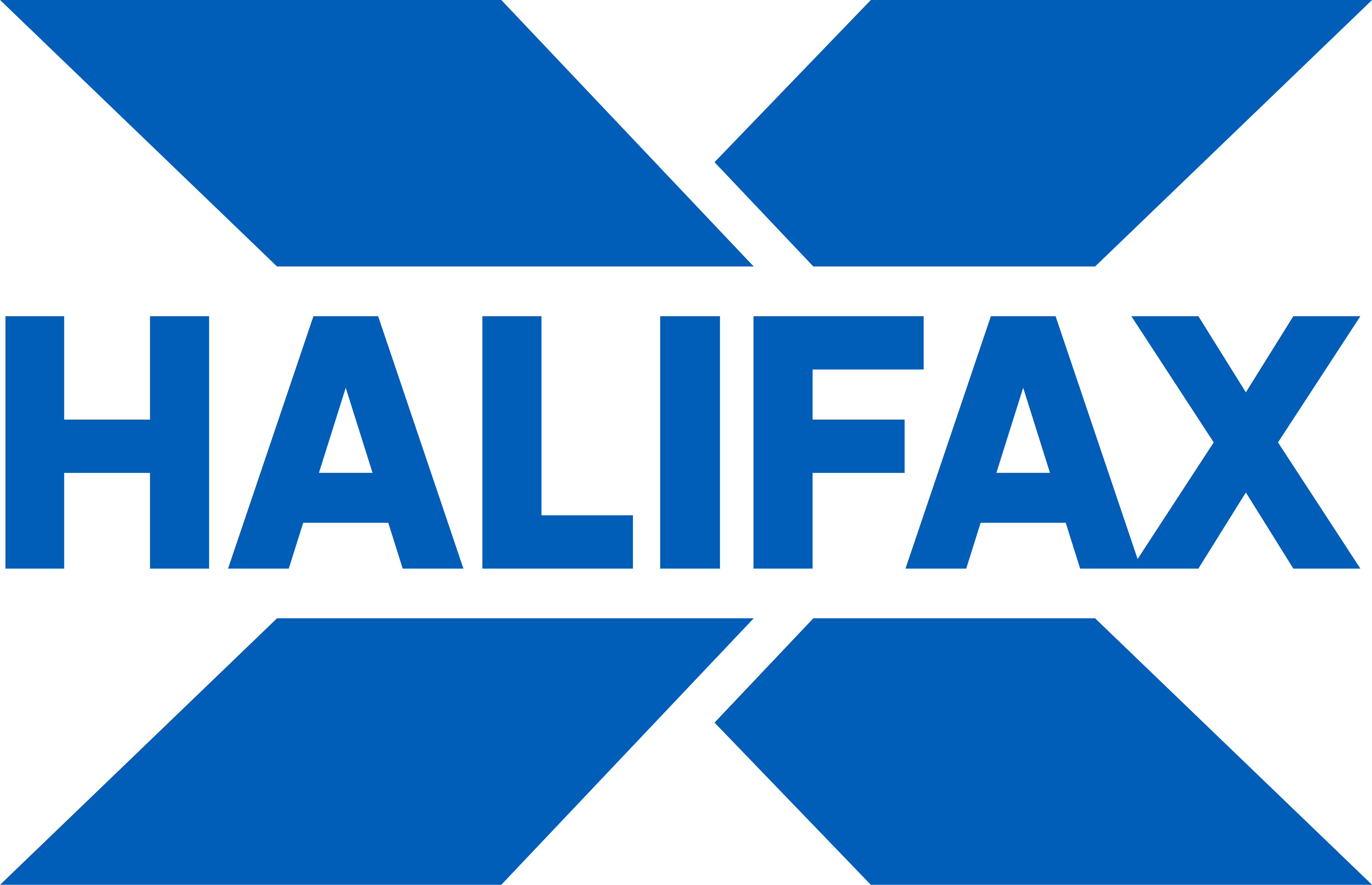You’ll usually pay higher interest rates on unsecured borrowing than secured borrowing. So if you’re stuck paying high levels of interest on your debts, it could be worth looking into a debt consolidation mortgage.
What is a debt consolidation mortgage?
Are you struggling to make ends meet each month? If your debt just doesn’t seem to be decreasing, it’s probably because the payments you’re making are just covering your interest payments, and not the debt itself. In some cases, it can take years to pay off a credit card if you’re only able to make the minimum monthly repayments.
A debt consolidation mortgage allows you to take out a mortgage large enough to pay off an existing mortgage, while also covering all of your existing debts.
Why should I consolidate my debt onto my mortgage?
By consolidating your unsecured debt next time you remortgage, you can quickly reduce your monthly outgoings and comfortably pay back what you owe in a realistic timeframe.
The main benefit of a debt consolidation mortgage is a dramatic decrease in interest rates. The other benefit is streamlining your payments into one monthly instalment, so there’s no need to worry about numerous payments over the course of the month.
How can I consolidate debt as part of my mortgage?
There are two main ways to consolidate your debt with your mortgage.
- Remortgage your entire debt over to a new mortgage lender. This method lets you arrange a new mortgage for the value of your current mortgage, added to the debt you have. For example, if you have a mortgage to the value of £150,000 and debts of £25,000, you would take out a new mortgage with a new lender for £175,000. If you own a property where you have a suitable amount of equity, this is a useful solution. By doing this, you can also release equity which will allow you to pay off some of the money you owe using a lump sum. At the moment, with some lenders, the maximum Loan to Value (LTV) ratio allowed to do this is 90%. This means that if you own a home worth £100,000, the maximum you could borrow (including your existing mortgage) would be £90,000.If you want to pay less and lower your monthly payments, this is a good option because the mortgage rate will usually be the best available to you at the time.
- Take out a new loan secured on your current mortgage. With this method, you’ll essentially have two mortgages on your home. For example, you might decide to keep your current £150,000 mortgage and also take out a new secured loan for the value of your £25,000 debt.If you choose this option, it’s worth remembering that your monthly repayments probably won’t drop as considerably. This might also be a better solution for those with a poor credit rating, or those who want to retain their current mortgage deal.
How do I know if debt consolidation is the right choice for me?
If you’re struggling to keep track of your monthly payments, or you’re finding it difficult to make ends meet, a debt consolidation mortgage might make life easier.
Always think carefully before securing debts against your home, and bear in mind that in some cases, you might still end up paying more over a longer period of time.
We have access to more than 90 lenders, and we know a thing or two about debt consolidation mortgages. If you’d like to talk to us about your circumstances, you can contact us on 01925 918960 or complete our quick form above and we’ll be in touch. One of our friendly advisors would be happy to help you.






















